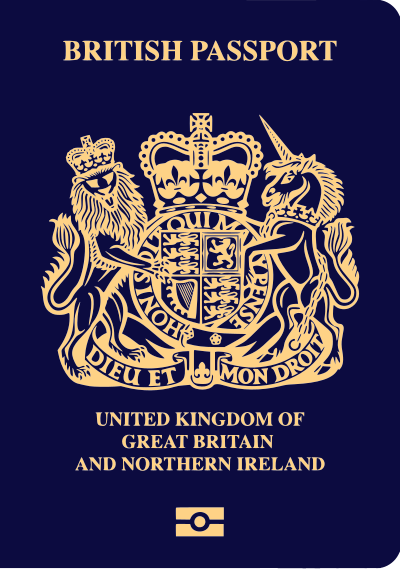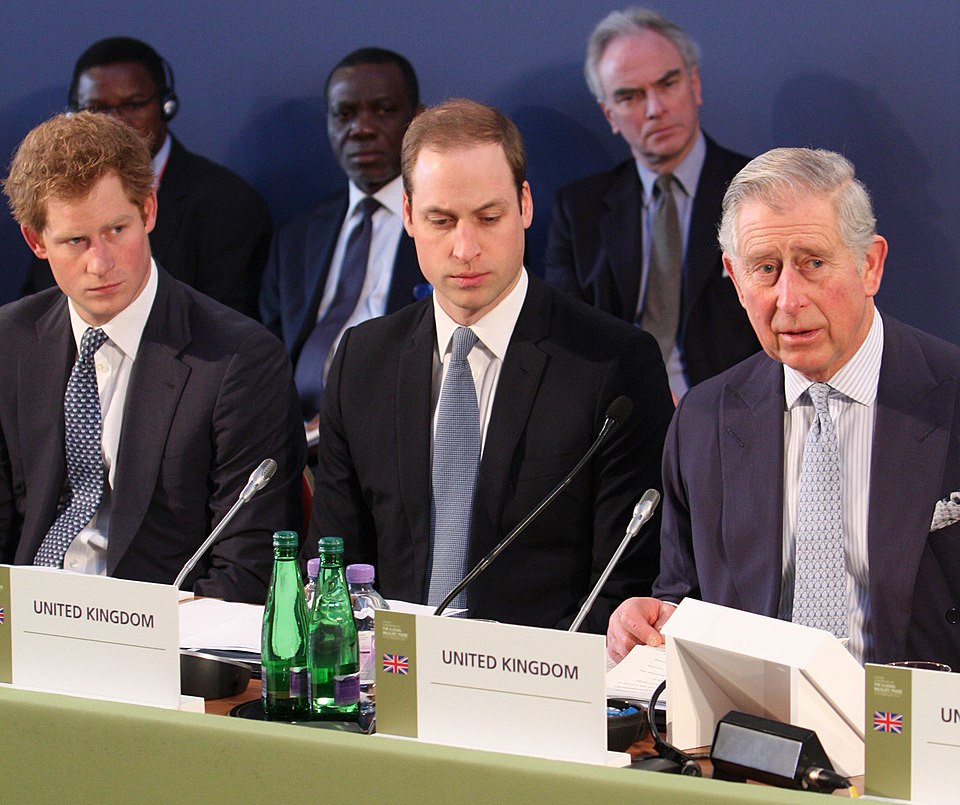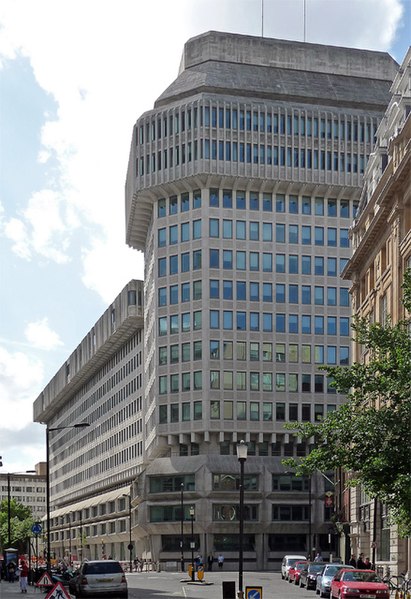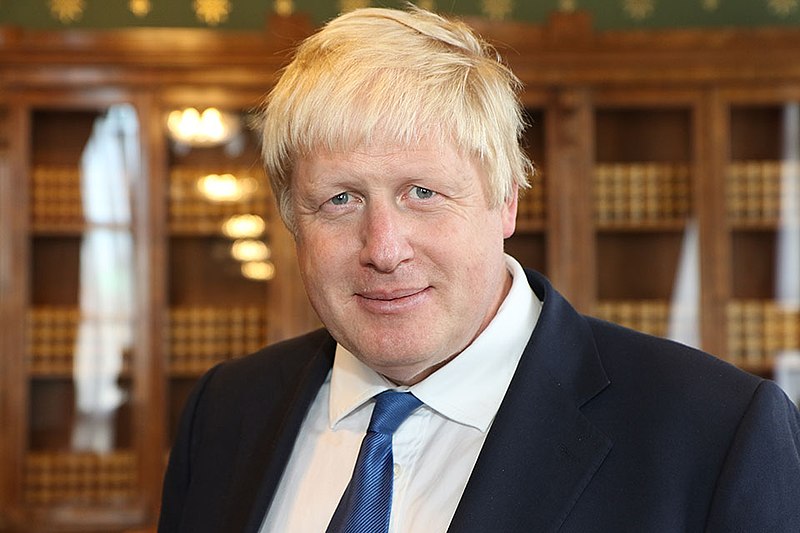
British Prime Minister Rishi Sunak is poised to present the Conservative party manifesto on Tuesday, promising voters "financial security" and tax reductions.
This announcement comes in the wake of a tumultuous week for Sunak, during which rumors circulated about his potential resignation.
"We Conservatives have a plan to give you financial security," Sunak will affirm, as per advanced excerpts of his speech.
"We will enable working people to keep more of the money you earn because you have earned it and have the right to choose what to spend it on," the speech elaborates.
Polls have long indicated an anticipated defeat for Sunak and the Conservatives against the main opposition Labour party in the upcoming July 4 general election.
Despite facing substantial challenges, including Nigel Farage's candidacy and criticism for leaving D-Day commemoration events early, Sunak remains resolute in his commitment to the party's vision for the country.
"We know what Socialists always do -- take more of your money," Sunak plans to assert.
Sunak accuses Labour, led by Keir Starmer, of advocating for increased tax burdens on households, although the accuracy of these claims is debated.
The Conservative manifesto is expected to include pledges to abolish stamp duty for first-time home buyers and further cuts to national insurance. Sunak underscores the significance of homeownership, aligning it with Conservative principles.
Critics point to challenges such as record-low levels of house building and high mortgage rates, attributing these issues to past promises of unfunded tax cuts.
With the election approaching, Sunak's government emphasizes the distinctiveness of their manifesto compared to Labour's upcoming proposal. Labour's national campaign co-ordinator, Pat McFadden, anticipates the Conservative manifesto to be a "panic attack," highlighting the ongoing lead in polls for Labour.
As the Conservatives navigate through these challenges, they are confronted with Brexit fallout, past government scandals, and a persistent cost-of-living crisis, which have shaped the political landscape since 2022. Photo by Chris McAndrew, Wikimedia commons.































































